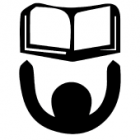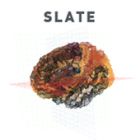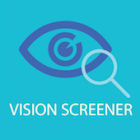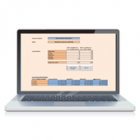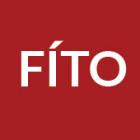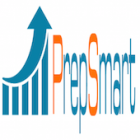
PrepSmart
The company Test Innovators helps students prepare for standardized tests like ISEE/SSAT. Students sign up to their platform and take practice exams. They have more than 20,000 students signed up till date and pocess more than 5,000,000 questions on their system. The company wanted to build a system which automatically analyzes the student's progress in their practice tests and recommend ways to improve their scores. We have built a system, PrepSmart, that automatically learns from past experiences of students who are similar to the current test taker and suggest their features to the current test taker to improve his scores. Recommendations can be anything like strong/weak subject areas, time to answer questions,additional question banks and tutoring services. PrepSmart helps students in improving their overall scores and it also helps the sponsor in generating additional revenue by selling recommended question banks and tutoring services.

